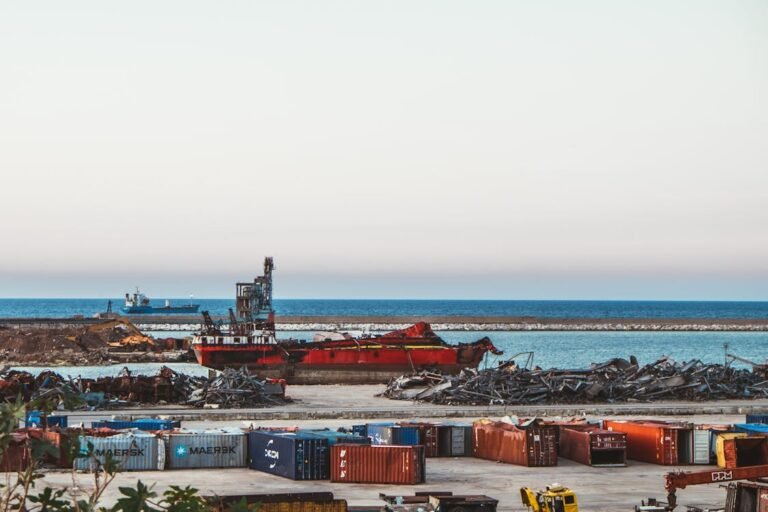The EU Ship Recycling Regulation: Progress and Challenges
The EU Ship Recycling Regulation (SRR), implemented in 2018, has made significant strides in promoting sustainable ship recycling practices. However, challenges remain due to the actions of shipowners who undermine the regulation’s effectiveness, as highlighted in a recent evaluation by the European Commission.
In a report released in February 2025, the European Commission commended the SRR for aligning with global standards and upcoming conventions like the “Hong Kong International Convention for the Safe and Environmentally Sound Recycling of Ships.” Despite this progress, the Commission raised concerns about shipowners circumventing the regulation by switching flags before recycling, leading to substandard practices in non-EU yards.
Key Achievements and Concerns
The SRR mandates EU-flagged vessels to recycle at approved facilities on the European List, which includes 43 greenlit yards, with recent additions from the Netherlands and Turkey. However, challenges persist as some shipowners opt for non-EU flags to sell vessels for dismantling in South Asian yards, where conditions often fall short of EU standards.
According to the NGO Shipbreaking Platform, a significant portion of scrapped vessels in 2024—80% of global tonnage—underwent unsafe dismantling in South Asia. China was highlighted as a major contributor to this trend, along with shipping companies from Switzerland, Russia, South Korea, and the Philippines.
The absence or poor quality of hazardous materials inventories during a ship’s operational life poses another obstacle to safe recycling. The Commission’s evaluation revealed that 45% of EU-inspected ships failed to comply with inventory requirements, jeopardizing the recycling process.
Proposed Solutions
To address issues like flag-hopping and inadequate inventories, the European Commission is considering implementing a ship recycling license to standardize prices and deter shipowners from choosing cheaper, less regulated yards. Additionally, shifting compliance responsibility from the registered to the beneficial owner could prevent companies from evading EU regulations through flag changes.
Despite the challenges faced by the EU Ship Recycling Regulation, ongoing efforts to enhance compliance and accountability are essential for fostering sustainable practices in the ship recycling industry.

